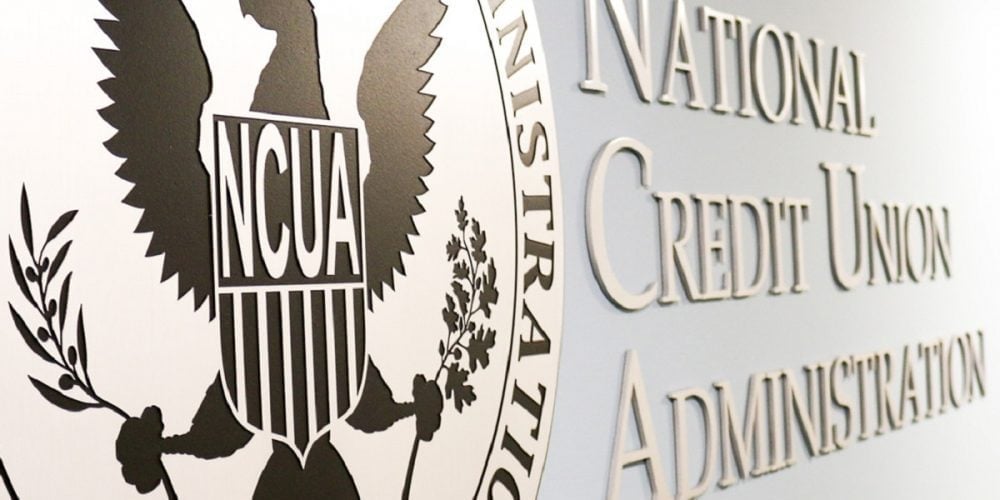I’ve been thinking a lot about moral relativism these days, and if you’re in the credit union community, you should too.
Moral relativism is the belief that right and wrong aren’t universal truths. Instead, morality is relative to a person’s beliefs, experiences and culture. For example, in our culture, once you shake hands on a business deal, its assumed neither party will change the terms. But in other cultures, terms of a deal aren’t final until the money changes hands. Which is right? According to moral relativism, they both are.
The fact that billions of people are co-existing on this planet with billions of opinions on right and wrong is complicated enough. But beliefs, experiences and cultures are also constantly changing.
We can pat ourselves on the back and think we’re morally superior to our forefathers because we’re more tolerant of some beliefs and lifestyles today. But are we, really? Or has our opinion of what is right and wrong shifted, rather than expanded?
What does this have to do with credit unions? Unfortunately, quite a bit, because the primary credit union value proposition is a claim of moral superiority.
This hit home with me last week.
I’m getting adult braces. Actually, not braces as in metal braces. I’m getting Invisalign. That’s far more expensive.
Because of the cost, I had to secure financing. My dentist’s office is a CareCredit provider, so if I use the card I can pay it off in 12 months without paying any interest. What a deal, eh?
Some of you might remember that GE Capital, which owned CareCredit at the time, was fined millions by the CFPB for deceptive lending practices. They failed to adequately explain to borrowers that if they don’t repay the full amount within the promotional period, they must repay accrued interest.
As someone who has made a career in banking, I can’t help but think, “well, duh!” Of course they would – how else would they make money? To me, this doesn’t seem like a serious ethical violation. And also consider that this violation was based on the Cordray era’s subjective judgment of deceptive – ask Navy Federal whether the CFPB’s morality is a universal truth.
Still, I decided to investigate credit union financing, too. My credit union offers a relatively decent rate on a personal loan, so I applied for both options.
CareCredit approved me in just a few seconds, with very little personal information required and no proof of income. My credit union required a longer application that included information they already have on file, which was frustrating. My credit union also required a paystub, which wasn’t immediately available because my accountant was out of the office due to a family emergency.
So, thanks to convenience factors and business experience that gives me a different opinion of morality than Richard Cordray, I went with CareCredit. Of course, if I can’t repay the entire balance in 12 months, my credit union will get at least part of my business anyway. I know I’m blessed to have that option – many people can’t.
Does that make me a bad person? Some of you might think so. But I know many of you don’t like to admit that you keep your mortgages, checking accounts and investments at those dirty, rotten big banks because they’re more convenient or offered a better deal. And even though you may truly believe that credit unions are right and banks are wrong, when it comes to other industries, you have no problem with the for-profit structure.
Which makes your morality relative to your profession.
What about consumers? Do they care about credit union morality claims? Consider how many credit unions don’t use the word “union” in their branding, because what was considered an ethical movement 50 years ago is now associated with corruption and entitlement. Moral opinions about banking haven’t changed that drastically, but if consumers really thought big banks were evil, they wouldn’t continue to ring up profits despite regulatory penalties.
Philosophical debate has limited value unless it’s applied. In this case, the need for credit unions to find a value proposition that extends beyond morality seems clear.
But then again, it could all be relative.







